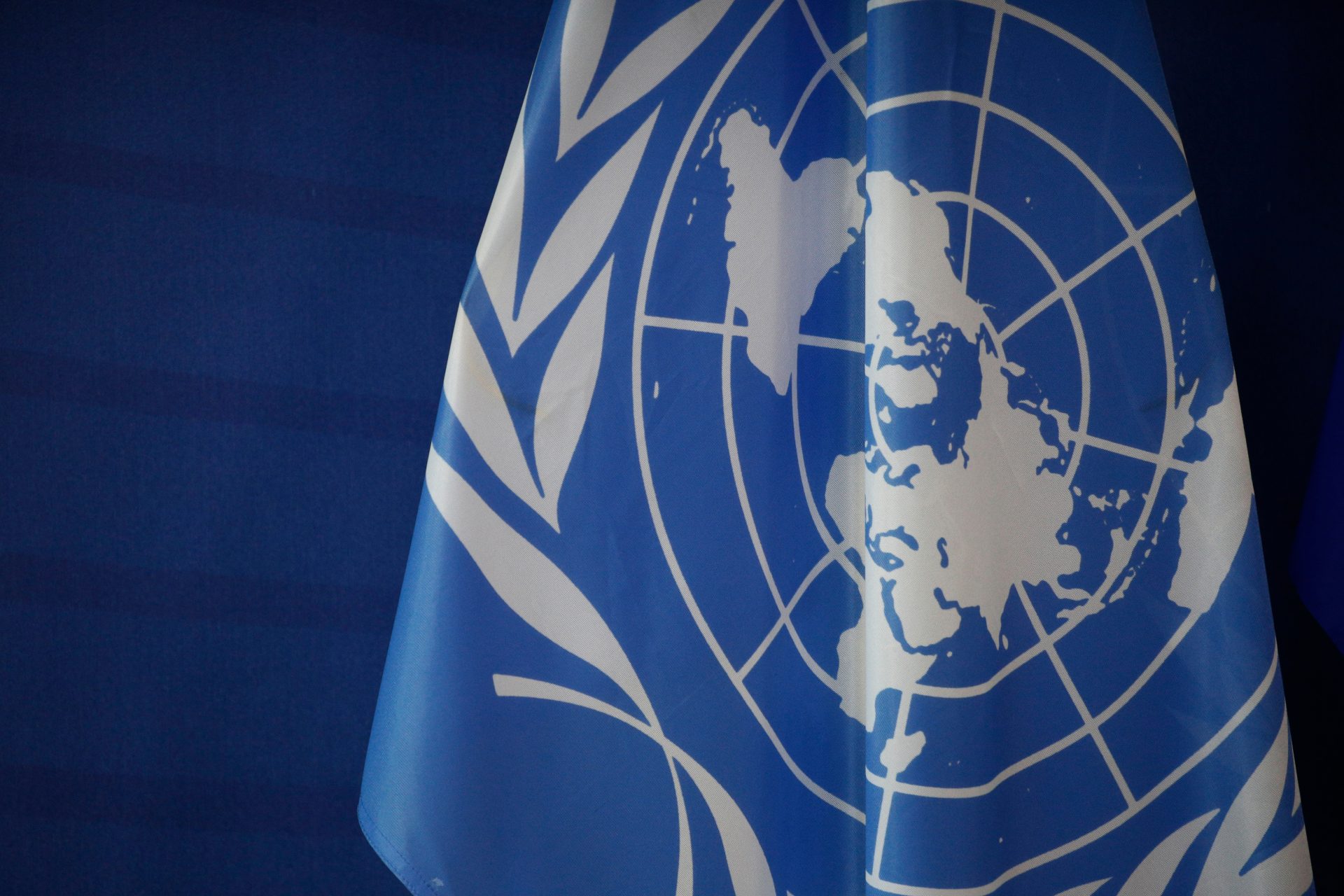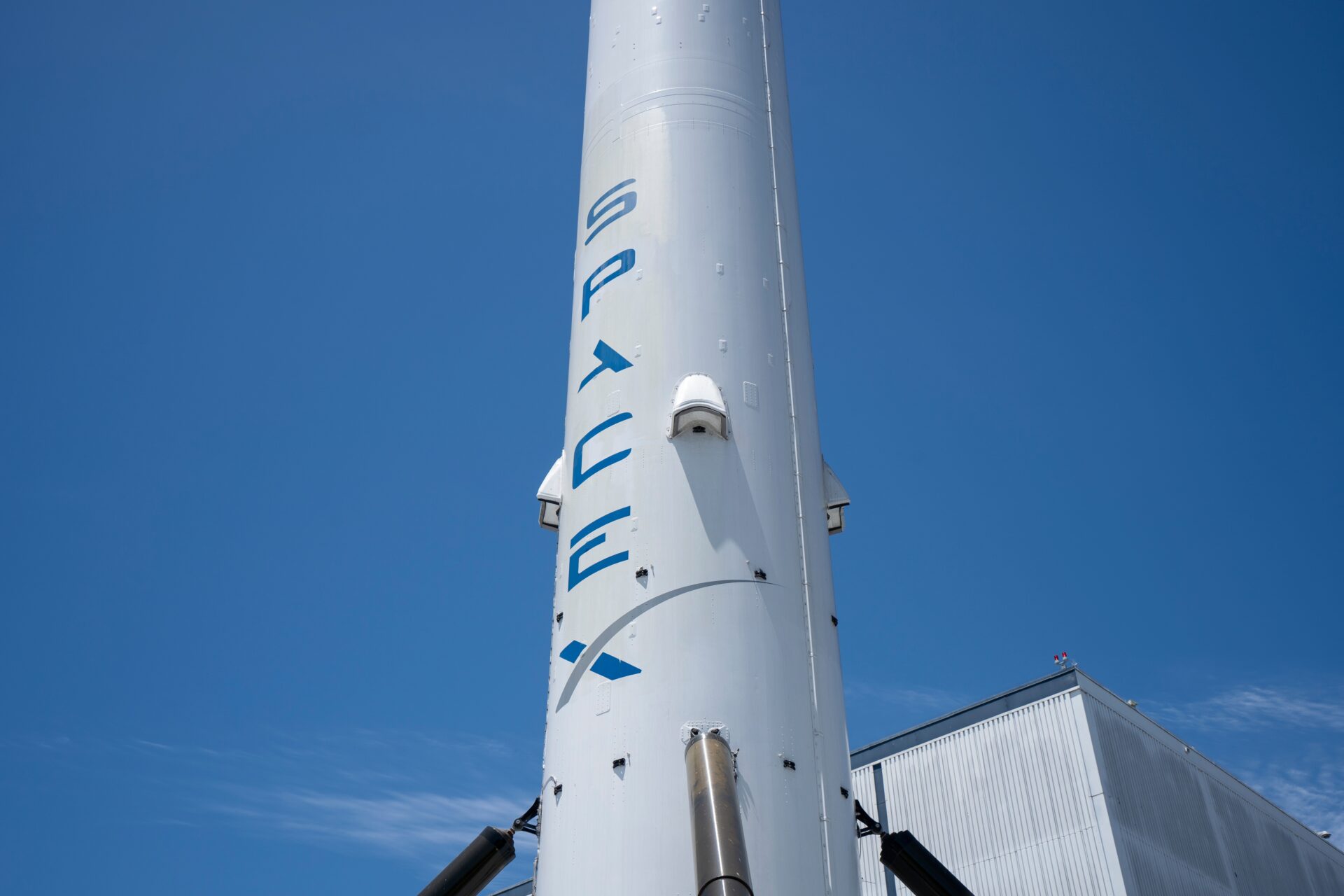
UN Moves for Peace – But At What COST?
The United States stood alone against the world at the UN Security Council, vetoing a resolution calling for a Gaza ceasefire because it failed to condemn Hamas terrorists responsible for initiating the conflict.
At a Glance
- US vetoed a UN Security Council resolution for a Gaza ceasefire with a 14-1 vote
- Ambassador Dorothy Shea criticized the resolution for failing to condemn Hamas as a terrorist organization
- The draft called for immediate ceasefire, hostage release, and humanitarian aid without conditions
- The conflict began after Hamas killed 1,200 Israelis and took 251 hostages on October 7, 2023
- The US, Qatar, and Egypt continue efforts to negotiate a genuine ceasefire and hostage release deal
America Stands Firm Against UN’s Failure to Condemn Terrorism
The United States vetoed a United Nations Security Council resolution demanding an immediate ceasefire in Gaza on Tuesday, exercising its veto power as the lone dissenter in a 14-1 vote. The draft resolution, initiated by non-permanent council members Algeria, France, and Slovenia, failed to include language condemning Hamas for the October 7 terror attacks that sparked the conflict. US officials maintained that any resolution must acknowledge Hamas’s responsibility and call for the terrorist organization to disarm and leave Gaza.
Acting US Ambassador to the UN Dorothy Shea delivered a pointed rebuke of the resolution, highlighting the UN’s persistent refusal to hold Hamas accountable. She emphasized that the conflict could end immediately if Hamas surrendered and released all hostages, including four Americans still being held captive in Gaza.
The @realDonaldTrump has vetoed yet another biased @UN Security Council resolution targeting the Jewish state of Israel.
American moral authority is back! https://t.co/yeMmOotb05— Ellie Cohanim (@EllieCohanim) June 4, 2025
Resolution Criticized as “Performative” Rather Than Substantive
The rejected resolution called for an immediate ceasefire, release of hostages, and lifting of restrictions on humanitarian aid to Gaza. However, US officials described the measure as “performative” rather than a genuine attempt to resolve the crisis. The timing of the vote was particularly criticized as it came during active US-led negotiations between Israel and Hamas for a real ceasefire agreement, potentially undermining those efforts.
Ambassador Shea further explained that the US could not support a resolution that “draws false equivalence” between Hamas terrorists and the Israeli government. She insisted that rewarding Hamas’s intransigence through such a resolution would be counterproductive to peace efforts. The US has consistently maintained that any ceasefire agreement must include the complete release of all 58 hostages still held by Hamas and provisions for ensuring Israel’s security.
Humanitarian Crisis Amid Ongoing Diplomatic Efforts
The humanitarian situation in Gaza remains dire, with international organizations warning of famine conditions. Israel recently allowed limited UN-led aid deliveries to resume, while a new aid distribution system backed by the US and Israel, the Gaza Humanitarian Foundation (GHF), has been established to address urgent needs. However, the UN and some aid groups have expressed reluctance to work with this foundation, citing concerns over neutrality.
Israel’s UN Ambassador Danny Danon strongly supported the US position, condemning the Security Council’s approach as “appeasement and submission” that would lead to “more terror” rather than peace. Israel maintains that an unconditional ceasefire without Hamas’s removal from Gaza would only enable the terrorist organization to regroup and launch future attacks. Meanwhile, the conflict that began after Hamas killed 1,200 Israelis and took 251 hostages continues, with Israeli military operations targeting terror operatives in Gaza.
The United States once again used its veto to block a @UN Security Council resolution calling for a ceasefire in Gaza.
Why?
Because, once again, UNSC members refused to condemn Hamas or demand the release of the 58 remaining hostages. pic.twitter.com/p8k7BzCgUU
— World Jewish Congress (@WorldJewishCong) June 4, 2025
Path Forward for Genuine Peace
The US, alongside Qatar and Egypt, continues to urge Hamas to accept a proposal for a phased ceasefire and hostage release deal. This diplomatic track, rather than symbolic UN resolutions, represents the most viable path toward ending the conflict. A similar resolution is expected to be presented to the UN General Assembly, where it is likely to pass as no country holds veto power, though such resolutions carry less weight than Security Council decisions.
The US veto underscores the Trump administration’s commitment to holding Hamas accountable for its terrorism while working toward a sustainable resolution that addresses both humanitarian concerns and Israel’s security needs. By rejecting a resolution that failed to condemn the terrorists who initiated the conflict, the US has maintained its principled stance against terrorism and its support for America’s closest ally in the Middle East.


